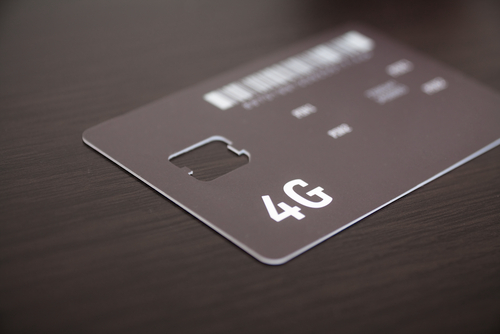NAO: Ofcom 4G Spectrum Auction Kept UK Mobile Market Competitive

But its too early to say whether spectrum sale achieved economic efficiency
The National Audit Office (NAO) says Ofcom achieved its objective of maintaining a competitive mobile market through the auction of 4G spectrum last year, but adds that it is too early to determine whether the largest sale of bandwidth ever in the UK was economically efficient.
In a report by the comptroller and auditor general to parliament, the NAO says it will only become clear if the £2.4 billion raised by the auction was efficient once it is used by the five victors – BT, EE, O2, Three and Vodafone.
The four existing UK mobile operators have already launched 4G services, although EE was able to offer LTE using its existing spectrum prior to the auction, while BT is planning to launch a mobile service later this year.
Ofcom 4G
 The NAO says that the amounts obtained were within the range generated by other European countriesoperators, and points out that Ofcom’s sole obligation was to ensure a competitive market that benefited consumers, not maximise profit.
The NAO says that the amounts obtained were within the range generated by other European countriesoperators, and points out that Ofcom’s sole obligation was to ensure a competitive market that benefited consumers, not maximise profit.
To this end, the NAO has concluded that all operators won enough spectrum to ensure their medium term viability, including Three. Ofcom feared that without intervention, Three might not get the spectrum it needed to remain competitive with its larger rivals and therefore spectrum was reserved for a fourth entrant.
Three won this spectrum and the Smith Institute calculates that the amount the Hutchison Whampoa-owned operator paid was £159 million lower than it would have been without the reservation, assuming its rivals bid in exactly the same way.
The auction was not without controversy, and suffered several delays before finally being completed last February. It had been suggested that up to £3.5 billion could be generated due to a fierce bidding war between seven companies, but such estimates were wide of the mark.
The NAO confirmed to TechWeekEurope last year that it was planning to investigate whether the auction achieved value for money, but Ofcom reiterated its sole intention was to ensure a competitive market and that the lower prices meant operators would have more money to spend on infrastructure, ensuring widespread coverage by 2017.
Are you more up to speed on 4G than Three? Try our quiz!